The Nigerian National Petroleum Company Limited (NNPCL) has stated that foreign exchange (forex) crisis has been a significant factor influencing the changes in price of Premium Motor Spirit (PMS) in the country.
Speaking on TVC News “Journalists’ Hangout” show on Thursday, the Executive Vice President of Downstream, NNPCL, Mr Adedapo Segun, explained that the national oil company is not fixing prices of petroleum products.
Join our WhatsApp ChannelHe claimed that as provided for in the Petroleum Industry Act (PIA), 2021, the petroleum sector has been deregulated and petrol prices now determined by market forces not the government fixing prices anymore.
Speaking on the current scarcity of petrol, Segun said it was expected to “subside in a few days as more stations recalibrate and begin selling PMS.”
He said Section 205 of the PIA, which established NNPC, stated that petroleum prices should be determined by “unrestricted free market forces.”
“The market has been deregulated, meaning that petrol prices are now determined by market forces rather than by the government or NNPC Ltd. Additionally, the exchange rate plays a significant role in influencing these prices,” he stated.
On the commencement of lifting PMS from the Dangote Refinery, Segun said that the NNPCL was awaiting the 15th September timeline provided by the Refinery.
Segun, who said no right-thinking individual would be comfortable with the current fuel scarcity, added that the NNPCL has nearly a thousand filling stations nationwide and was collaborating with marketers to “ensure that stations open early, close late, in order to maintain adequate fuel supply to meet the needs of Nigerians.”
“We are also engaging relevant authorities to ensure products diversions are prevented and timely deliveries to all stations are ensured. The scarcity should ease in the next few days as more stations recalibrate and begin operations,” he assured.
READ ALSO: Dangote Refinery To Supply 25 Million Litres Of Petrol Daily In Sept – NMDPRA
Prime Business Africa had reported that NNPCL on Tuesday increased the pump price of petrol from N617 per litre to N897, while independent marketers raised theirs to between N950 and N1,000 per litre and even higher, depending on location.
The situation has generated reactions from different quarters people express concerns about the impact on cost of business operations, and general living standard.
Vice President Kashim Shettima met with Minister of Petroleum Resources, Heineken Lokpobiri and Group Chief Executive Officer of NNPCL, Mele Kyari, at State House, Abuja, over the petrol price hike.
Other who were at the meeting included National Security Adviser (NSA), Mallam Nuhu Ribadu, and Executive Director of Nigeria Midstream and Downstream Petroleum Regulatory Authority (NMDPRA), Mr Farouk Ahmed, who was represented by Mr Kalu Okuoha.
Speaking after the meeting, Lokpobiri said there is available petrol product enough to meet demands in the country and assured that the scarcity will fizzle out latest by weekend.
He also stated that the petroleum sector has been deregulated. He added that the price will stabilise once the product reaches every part of the country, hence, no need for panic buying
“The price could be high in some areas, much higher in some other locations, and in some locations, much more than other areas. But we believe that by the time there is availability of products across the country, the price itself will stabilise.
“But what is important is that government is not fixing prices. This sector is deregulated. And we believe that with the availability of products, the price will find its level. And this is important for Nigeria to know,” Lokpobiri stated.
Victor Ezeja is a passionate journalist with seven years of experience writing on economy, politics and energy. He holds a Master's degree in Mass Communication.

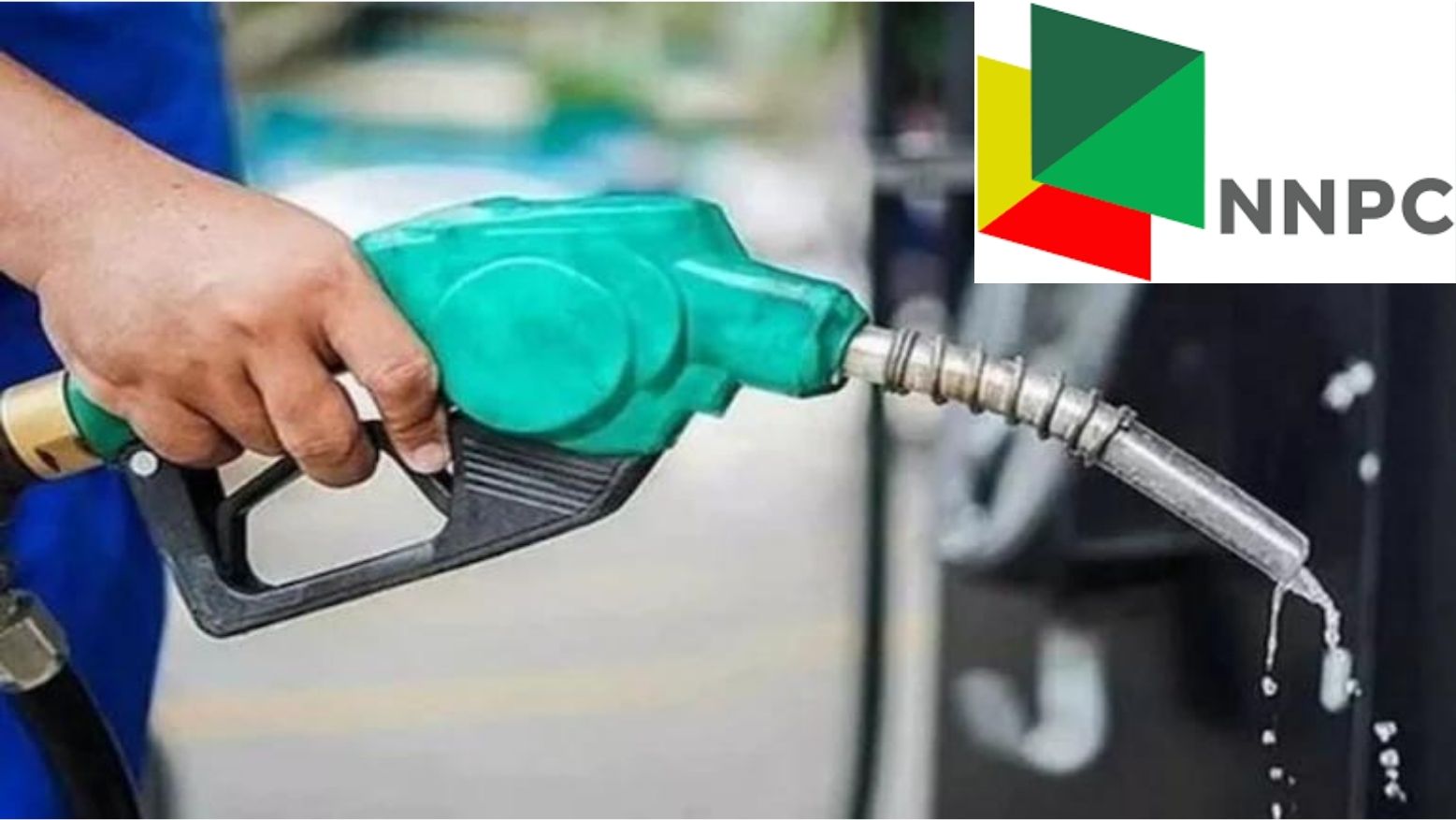

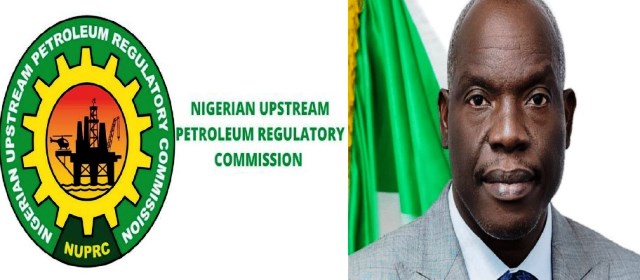









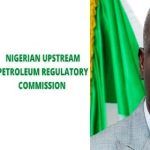

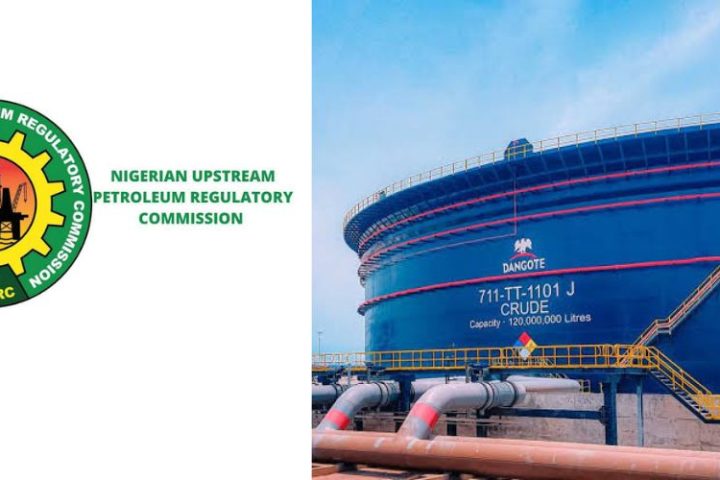
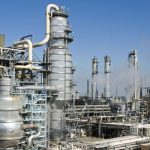
Follow Us